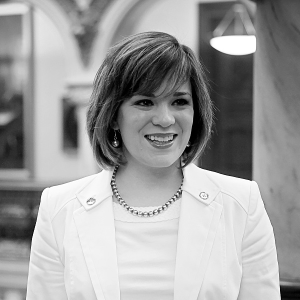April 7, 2015
Retirement often provides the opportunity of time. Time to explore new places, try new things, and the flexibility to set your own schedule. However, for some, it offers the opportunity to go back to school!
This New York Times article reports that it makes no sense to have education that ends, for most people, in their 20s when now folks are likely to work into their 80s. In fact, the director of financial gerontology at Bank of America Merrill Lynch stated "Many see retirement as a chance to pursue career dreams that weren't feasible before retirement."
This may not surprise those who are public sector employees, like police officers or fire fighters, who will often retire in their 50s-60s then take on a second full time career for another ten to twenty years in the private sector.
Yet, this article specifically calls out the return to education to receive training for a second career, not simply changing jobs.
From a financial perspective, there are a few things to keep in mind with this kind of transition:
- Ensure you have a financial plan: Having enough income to cover expenses while you are in school will take planning- and likely some restructuring of your current portfolio. Also, know what income to expect in your new field so you can incorporate that into your new retirement plan.
- Consider rolling over your past employer 401(k): If you have a 401(k), a roll over may provide more investment options that fit your specific needs. An advisor can help guide you in your decision.
- Explore all educational scholarships and tuition-free programs: This article cited many schools like Pennsylvania State University and its "Go-60" program which offers tuition-free enrollment in undergraduate courses for those 60 and over and retired or working less than half time.
Caroline Hill, Financial Advisor
(This article contains the current opinions of the author but not necessarily those of Brighton Securities Corp. The author's opinions are subject to change without notice. This blog post is for informational purposes only. Forecasts, estimates, and certain information contained herein should not be considered as investment advice or a recommendation of any particular security, strategy or investment product. References to specific securities and their issuers are for illustrative purposes only and are not intended and should not be interpreted as recommendations to purchase or sell such securities).

